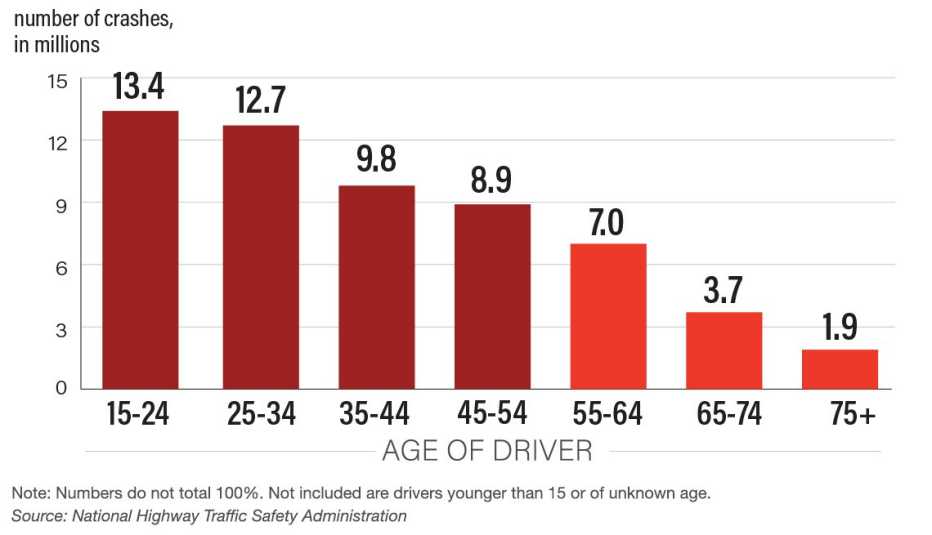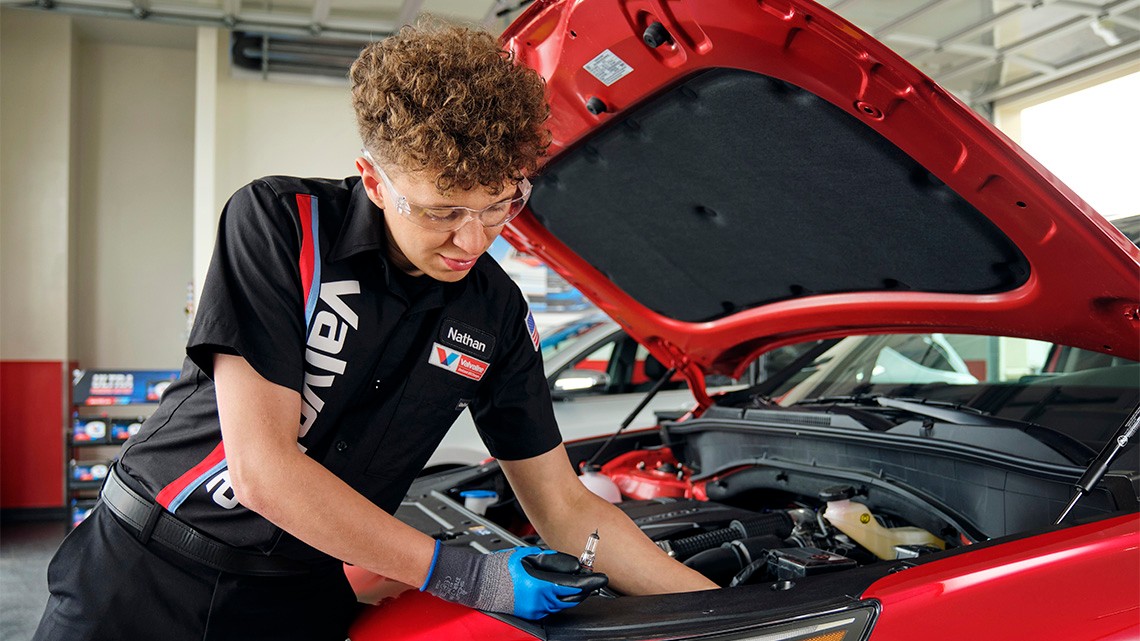Staying Fit
Sandi Peters, 71, has driven for decades, but she doesn't drive at night or on highways since her return from living abroad.
When the San Francisco Bay Area gerontology specialist returned recently from a nine-month teaching post in Morocco, where she did not drive, she was acutely aware of how her time away had changed the pace at which she moves, reacts and lives her life.


AARP Membership— $12 for your first year when you sign up for Automatic Renewal
Get instant access to members-only products and hundreds of discounts, a free second membership, and a subscription to AARP the Magazine.
"Our society is at a fast speed, which is not a good thing for our culture,” says Peters, author of Aging with Agency: Building Resilience, Confronting Challenges, and Navigating Eldercare (2020). “When we're older, we just slow down. That's a good thing."
Slowing down because of aging doesn't mean the end of driving or other activities that require quick mental and physical agility, says Peters, whose career in the study of getting old dates back to the 1980s. It does mean working to keep skills sharp and eliminate vulnerability, and defensive driving courses offered by AARP, AAA and others are wise investments for older adults.
"Most [older] people I work with are terrified of losing their licenses. It's scary to contemplate the possibility of losing your license because we are a car-based society,” she says. “They are also afraid of Alzheimer's’ disease. And I think that some people, if they admit that they go to driving school, think they are steps closer to both those things."
That's not necessarily true, says Susie Touchinsky, an occupational therapy certified driver rehabilitation specialist and owner of Adaptive Mobility Services LLC in Orwigsburg, Pennsylvania.
"My oldest driver was 103, and she was fantastic” at driving, Touchinsky says. “I've worked with people who are 18 and should never drive.” A lot of elements affect a person's ability to drive defensively.
In the five years from 2014 to 2018, the most recent available, older drivers were involved in fewer crashes — including fatal accidents — than other age groups, according to data from the National Highway Traffic Safety Administration. Drivers ages 55 to 64 at the time of the incident were involved in fewer than 1 out of 8 accidents, drivers 65 to 74 were involved in fewer than 1 in 15 wrecks, and drivers 75 and older were involved in about 1 in 30 wrecks. Nearly 1 in 4 accidents involved drivers ages 15 to 24.
Older Drivers in Fewer Crashes
In the five years from 2014 to 2018, drivers 55 and older were involved in fewer crashes of all severities than other age groups.


'Use it or lose it’ holds true
Yet months of lack of driving, what has happened to many people during coronavirus shutdowns, can slow physical and cognitive reaction times, says Keith McWilliams, a doctor of occupational therapy at the for-profit University of St. Augustine for Health Sciences’ Dallas campus in Irving, Texas. An August survey showed that three-quarters of boomers don't expect they'll be resuming their old driving routines before the end of the year.
"I always say it's like riding a bike. You can go a long time without riding a bike and think you know how. But when you get on the bike again, you need to figure out balance and all of the other skills involved in riding,” he says.
"It's the same thing with driving. We know that people start to progressively decline with age in both cognition and physical abilities,” McWilliams says. “Our goal is to help them regain or maintain those skills."






































































